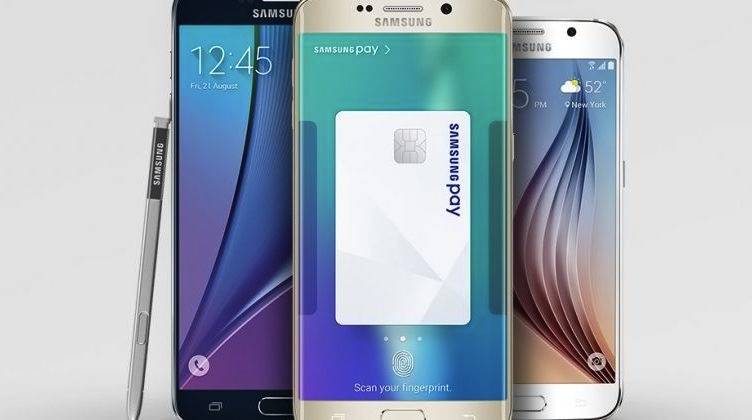
In every region and every country, expect two tech giants to go head-to-head in a close fight. Apple and Samsung have always been arch-enemies we don’t know if there will ever be a cordial relationship between the two. We doubt if it will ever happen, maybe not in this lifetime, as there are dozens of lawsuits between the companies in several courts around the world.
Whether in phones, tablets, wearables, or mobile payments, the two watch each other’s moves like a hawk to make sure that the other isn’t infringing on any patents. Being the Top 1 and Top 2 Brands in Asia makes the competition even tighter.
When it comes to mobile payments, the fight may be not as close as their biggest rival is Android Pay. Both Apple Play and Samsung Pay are only limited to a few models of the iPhone and the latest Galaxy S phones while the Android Pay is supported by more Android devices. In the United States, Samsung is bent on taking over Apple Play. The latter is rapidly becoming popular and accepted in many payment terminals in just about any store or establishment. Numerous banks have already partnered with the Cupertino company but with a minimal charge of 0.15 percent of the amount for every transaction .
Samsung may be behind the competition in the mobile payment game but unlike Apple, Samsung won’t be asking for any charge. Samsung Pay users won’t have to pay extra just for using Apple Pay. That’s great news because the 0.15 percent may be small but when you use Apple Pay more frequently, the small charges will amount to something significant.
Hopefully, this move will drive more sales for the company. It’s not exactly making a lot of money compared to before but people still find Samsung reliable and trustworthy. The goal of Samsung is to have more people enjoy their current mobile devices. Samsung Pay is only available in a few countries like South Korea, China, Singapore, and Australia. In Europe, Spain got the service first.
Samsung has already processed over a billion dollar mobile payment transactions the past year in South Korea. That’s a lot of money but very small compared to the $500 billion credit card transactions in 2015. Meanwhile, Apple reached $10.9 billion last year in the US. Again, that’s still small compared to the $1 trillion of mobile payments last year.
VIA: REUTERS









